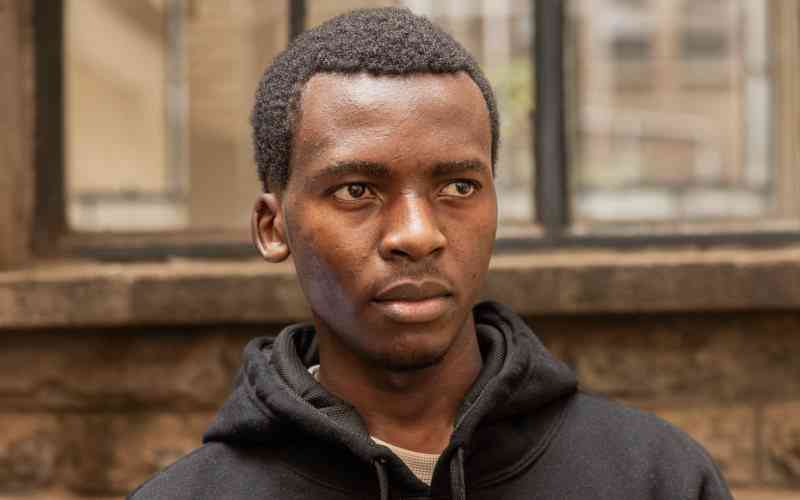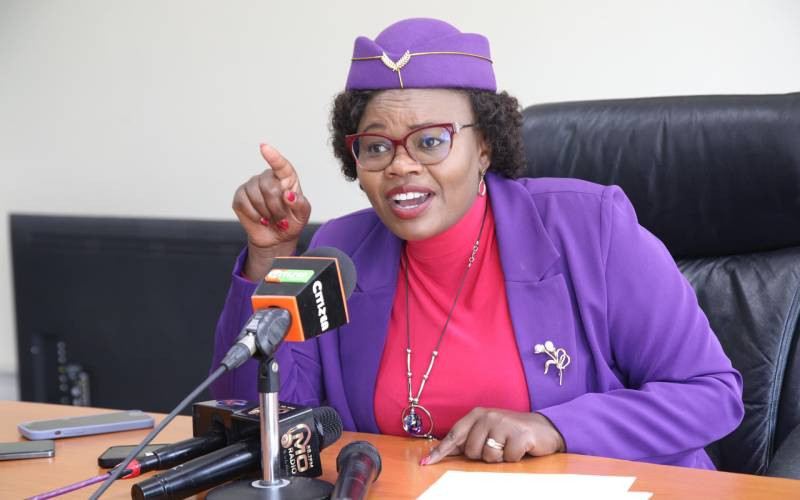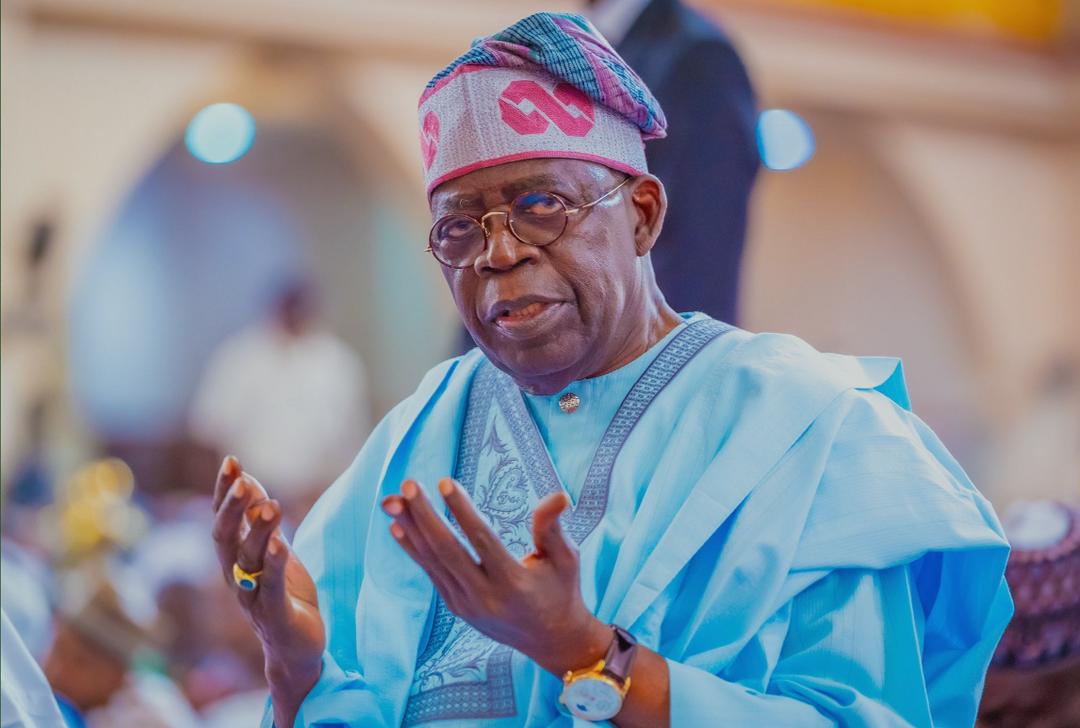Rinsola Abiola: Tinubu's tax reforms aimed at empowering youth entrepreneurship | TheCable
The president’s aide spoke at the ‘youth and tax’ town hall meeting jointly organised by her office and the Federal Inland Revenue Service (FIRS).
Abiola said the reforms go beyond revenue generation and are focused on opportunity, empowerment and inclusion.
“A lot has been said about the proposed tax reforms,” she said.
“I wish to assure everyone present here today, and indeed all other young people across the country, that these reforms have been crafted with the best interests of young people at heart, whether as professionals and salary earners or business owners.”
She said young people are not just future leaders but active participants in shaping economic policy today.
Abiola identified advocacy, innovation, entrepreneurship and policy engagement as major ways through which young Nigerians can influence the country’s tax landscape.
“By fostering entrepreneurship and job creation, young people contribute to expanding the tax base and generating revenue for national development,” she said.
She also highlighted ongoing initiatives under the Tinubu administration to support youths, including startup funding, digital skills training, and reforms aimed at reducing the cost of doing business.
“The renewed hope administration of President Bola Ahmed Tinubu recognises the immense potential of Nigeria’s youth and is actively working to empower them,” she said.
“President Tinubu is a leader who listens and cares genuinely about the youth.”
Zach Adedeji, chairman of the FIRS, said voluntary tax compliance depends on engaging the country’s young majority.
Adedeji was represented by Aisha Mahmoud Haman, his special adviser on research and statistics.
“Taxation is both a fiscal tool and a social contract,” he said.
“It is the foundation of public trust and the most sustainable means by which governments meet their obligations to the people.”
He said the FIRS is working to rebuild public trust in taxation by promoting transparency, accountability, and inclusion.
“Our role at the Federal Inland Revenue Service is not simply to collect taxes but to build a culture of voluntary compliance, transparency, accountability, and most crucially, inclusion,” he said.
“If we harness this energy productively, Nigeria can become one of the most competitive economies in the world. But if we ignore it, we risk deepening economic exclusion, unemployment, and social tension.”
He also urged young Nigerians to get more involved in tax matters to understand how taxation works and the benefits it brings.
Adedeji announced several youth-centred programmes, including the young tax champions programme, which will recruit students and graduates as tax education ambassadors.
“This is about turning every youth into a tax expert and about cultivating a generation that values civic responsibility and economic participation,” he said.
He explained that the goal is not to overburden young entrepreneurs but to support them through a simplified tax system linked to incentives, credit access, and business support.
“Tax education must begin early in our primary and secondary schools, our universities, and even in our vocational institutions,” he said.
“Our young people must understand how tax works, why it matters, and how it affects their daily lives.
“You are the present and future of tax administration in Nigeria.
“We must build together a society where every citizen contributes fairly, benefits equitably, and feels a shared sense of ownership in the destiny of our great nation.”












